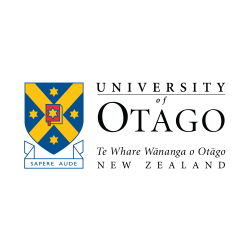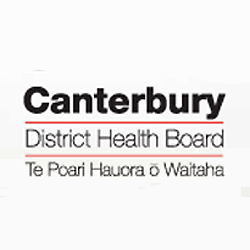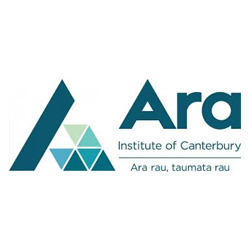
Recognising the impact on students of a crisis event in an educational setting – Developing response recommendations
Status
Completed: 8 November 2012
Project Details
A project completed in 2012, undertaken by The Christchurch Earthquake Health Professionals Research Group, to identify and explore the impact of the Christchurch earthquake of February 22, 2011 on a range of medical and nursing students, and newly graduated nurses, involved in the Nurse Entry to Practice (NetP) programme.
Aims:
The main aims of the project were to:
- explore social, cognitive and professional implications of the earthquake events
- examine the impact of the earthquake on education and learning for students
- understand the experiences of medical and nursing students engaged in tertiary level education.
Methodology:
The project utilised an anonymous survey format to collect data relating to the impact of the Canterbury earthquakes and aftershocks on healthcare students’ learning and wellbeing.
Team

Sandra Richardson
Project Leader
University of Otago
Henrietta Trip
University of Otago
Virginia Maskill
University of Otago
Tim Wilkinson
University of Otago
Dr Caroline Bell
University of Otago
Becky Hickmott
Canterbury District Health Board
Lois Cowan
Christchurch Polytechnic Institute of Technology ( now Ara)
Michelle McMillan
Christchurch Polytechnic Institute of Technology
Lisa McKay
Christchurch Polytechnic Institute of Technology
Brian Dolan
Canterbury District Health Board
Gail Houston
Canterbury District Health Board
Anna Richardson
Christchurch Polytechnic Institute of Technology
Rachel Spronken-Smith
Project mentor
University of Otago
Kerry Shephard
Project mentor
University of OtagoStatus
Funding
$9,999.00 (excl GST)
Key Findings
The key findings from the project included:
- Self-reported mental health and physical health issues increased, subsequent to the earthquakes.
- Positive aspects of the experience were a sense of community and enhanced relationships with family and friends.
- Perceptions of what the educational institution could do to help reduce the impact of the earthquake and aftershocks were varied across the groups but core consideration was evident in the following three areas: communication, resource access and flexibility of course curriculum and processes.
- Perception of issues that have hindered learning post the earthquake events again provided specific concerns within each group but could be considered in regards to the following core areas: personal interpretation / meaning of events, resource limitations and constraints, competing priorities and altered patterns of daily living.
Key Recommendations
Following analysis of the data, the following recommendations were formulated:
Crisis response strategy | That educational institutions actively develop a crisis response strategy that considers the potential for flexible course development.
Planning |That educational institutions acknowledge the expectations of students and incorporate planning for and education of staff in relation to crisis response.
After effects of crisis events | That educators and educational institutions are aware of potential sequelae to crisis events and identify a response framework that supports students and acknowledges individual pathways to recovery and re-integration into the educational system.
Positive elements | Recognition that there can be positive elements associated with a crisis event, and the importance of identifying and fostering these.
A research report prepared by The Christchurch Earthquake Health Professionals Research Group.
(PDF, 1.45 MB, 51-pages).
- 6 September 2012
A research report prepared by The Christchurch Earthquake Health Professionals Research Group.
(PDF, 423 KB, 12-pages).
- 6 September 2012